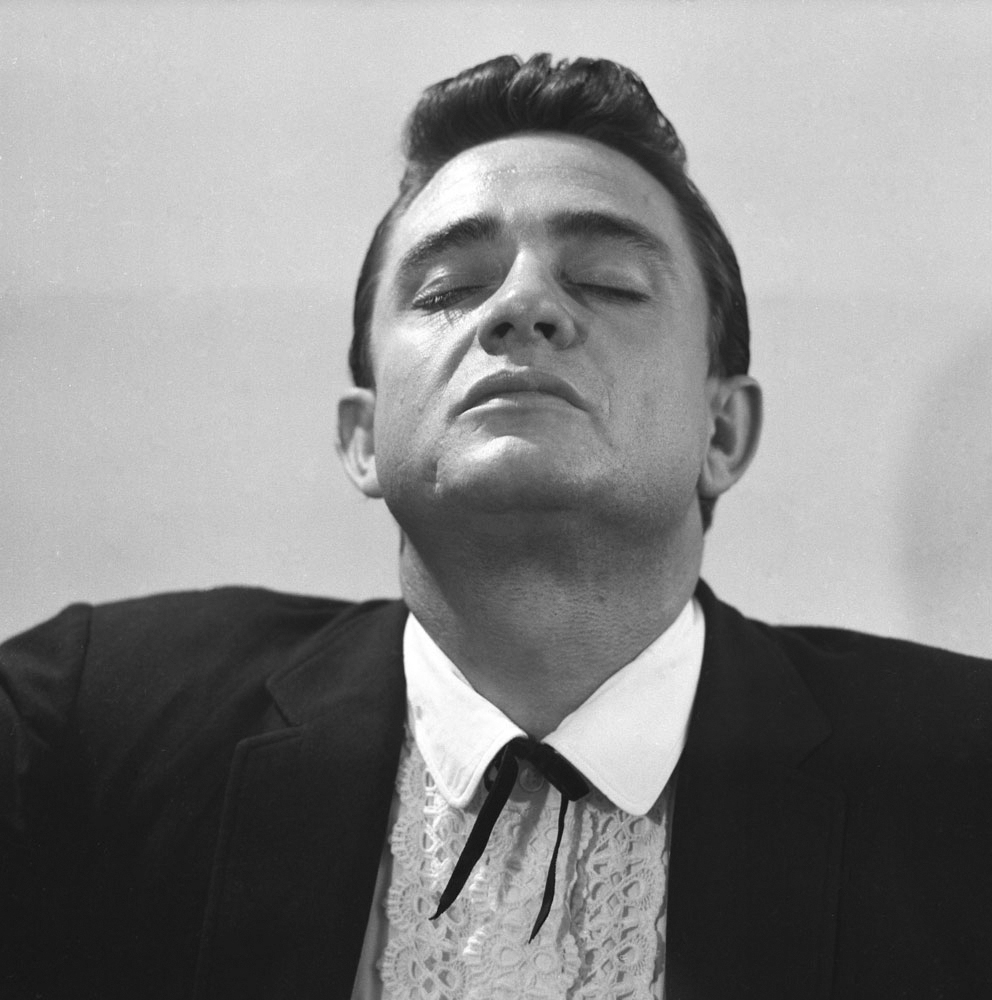
Johnny Cash didn’t live lightly.
From picking cotton to help his impoverished, Depression-wracked family; to his exhausting tour schedule; to struggling with a serious drug addiction; to his songs about guns, murder, revenge, punishment and repentance—Johnny Cash was a troubled man who sought redemption through his music.
To commemorate what would be the county-music master’s 80th birthday on Feb. 26, several celebrations, projects and events are scheduled throughout the year. Cash’s boyhood home in Dyess, Ark. is being restored. Columbia/Legacy will release a series of archived recordings, starting with a collection of his gospel and spiritual songs from 1970s and ’80s called Bootleg IV: The Soul of Truth, which will be available in April. A Johnny Cash Museum is scheduled to open this summer in Nashville.
And here on LightBox we have rare and unpublished photos of the Man in Black from the Sony Music Archive. Many of these images were taken by Don Hunstein, a prolific music photographer at Columbia records for 30 years, and date from the late ’50s to the early ’70s; they include pictures of Cash and his wife June right after she gave birth to their only son, John Carter Cash, in 1970, as well as the musician at home in California or fishing on his farm in San Antonio.
Johnny Cash was born to farmers in Kingsland, Ark. on Feb. 26, 1932. As the fourth of five children, he recalled in a 1969 TIME article that although his family was dirt poor, “I was never hungry a day in my life….at breakfast it was just fatback and biscuits—but that was plenty.” After high school, Cash worked at an auto plant in Pontiac, Mich. (where, as far as we know, he did not actually construct a car from stolen parts, as he later pretended to in his 1976 song “One Piece at a Time”). He joined the Air Force for a few years, and then in 1954 he married Vivian Liberto and the couple moved to Memphis.
Cash had always been musical—as a child he sang at the Dyess Central Baptist Church and he reportedly learned to play the guitar while in the Air Force —so when he moved to Memphis, he hooked up with two musicians, Luther Perkins and Marshall Grant, and auditioned for Sam Phillips at Sun Records. He recorded “Hey, Porter” and “Cry Cry Cry” for Phillips, the latter of which became his first hit, peaking at No. 14 on the Billboard’s Top 20 in 1955. He followed it up with “Folsom Prison Blues” and “I Walk the Line,” which shot up to No. 1 and stayed there for 43 weeks. It would sell over two million copies. (Cash’s stint at Sun Records was relatively shortlived; he switched to Columbia in 1958 because the Phillips wouldn’t let him record gospel music).
Cash then embarked the grueling journey that all newly-successful musicians must endure: days and weeks and months of endless touring. By 1957, he was giving more than 200 shows a year (by some accounts, he may have played closer to 300). His marriage was faltering. He drank too much. He became addicted to amphetamines. He accidentally started a forest fire in California. He was arrested for smuggling pills into the U.S. from Mexico. In 1966, his wife filed for divorce. And yet still he released hit song after hit song: “Ring of Fire,” “Don’t Take Your Guns to Town,” “I Got Stripes.” Johnny Cash was a troubled man, but not so troubled that he couldn’t turn his haunted words into song.
Cash toured with the Carter Family in the 1960s—and of course he would ultimately marry June Carter in 1968, after she helped him overcome his addiction and find his faith. The couple’s live recordings at Folsom Prison and San Quentin, in 1968 and 1969 respectively, are still two of the best concert albums ever released. They were married for 35 years, until her death in May 2003 from complications from heart surgery. Cash made it only four more months before joining her in September of the same year.
But this glossed over retelling of dates and events isn’t what’s important about Johnny Cash. The reason we remember him so fondly—and why we’re celebrating his birthday nine years after he passed—is the gift he had for music and the way he made us feel. Cash’s world-weary bass-baritone voice expressed a forlorn pain that, until we heard his songs, we didn’t even know we had. He gave a voice to the working man, the luckless, the outlaw, the convict—and to those of us who weren’t any of those things but who sometimes identified with them anyway.
“Well, we’re doing mighty fine, I do suppose / In our streak of lightnin’ cars and fancy clothes,” Cash once sang, “But just so we’re reminded of the ones who are held back / Up front there ought ‘a be a man in black.”
Thank you for being that man, Johnny Cash. Happy birthday.
Claire Suddath is a staff writer at TIME Magazine. You can follow her on Twitter at @clairesuddath or on Facebook.
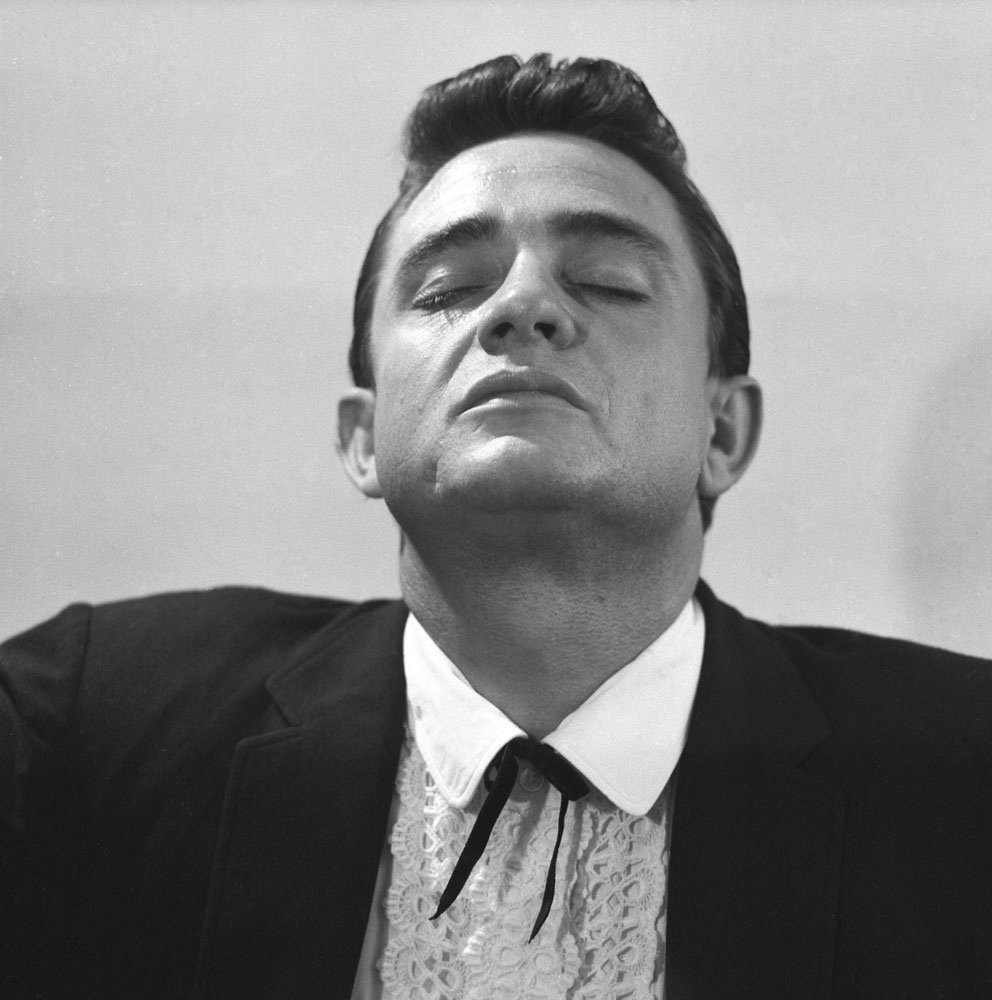
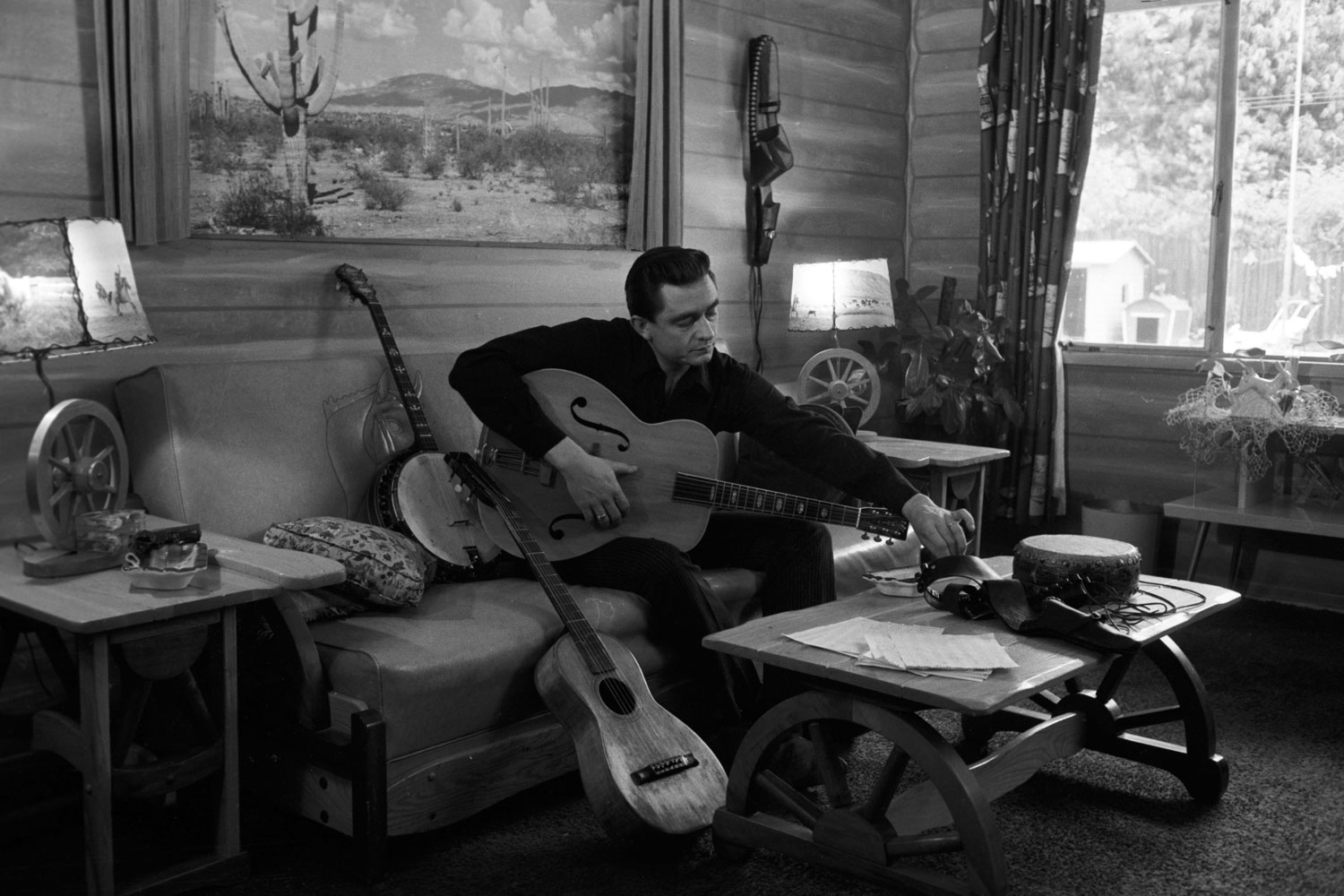
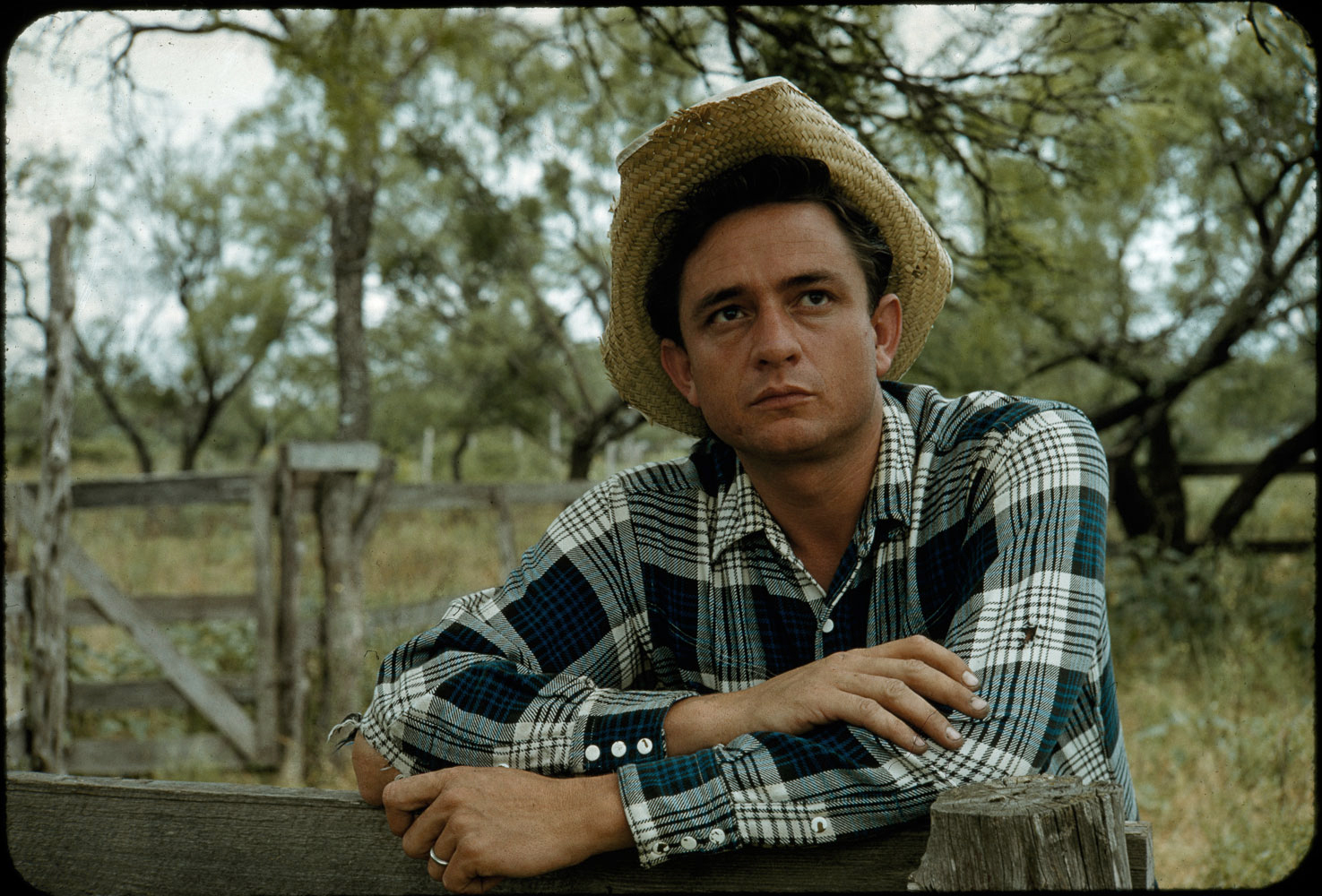
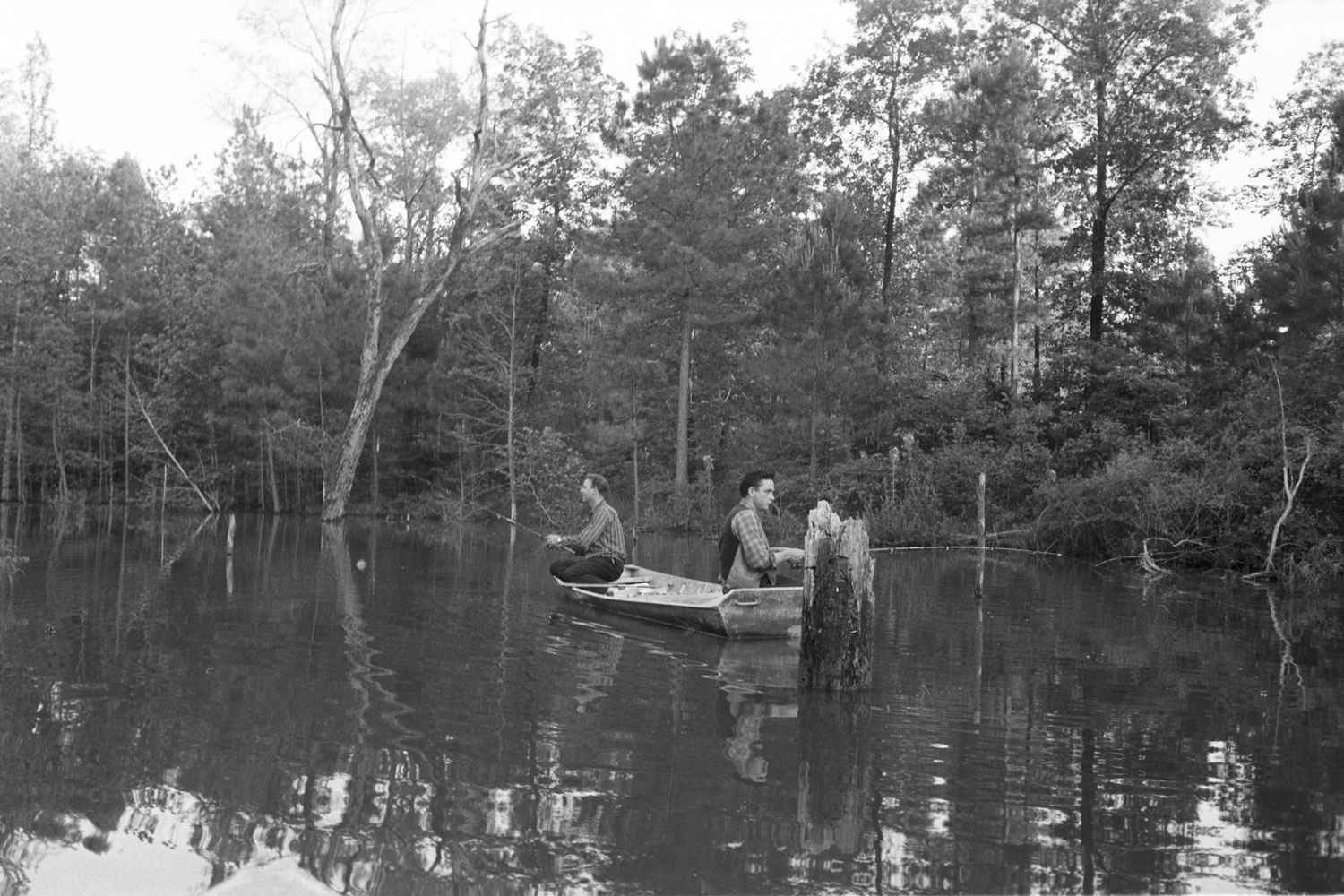
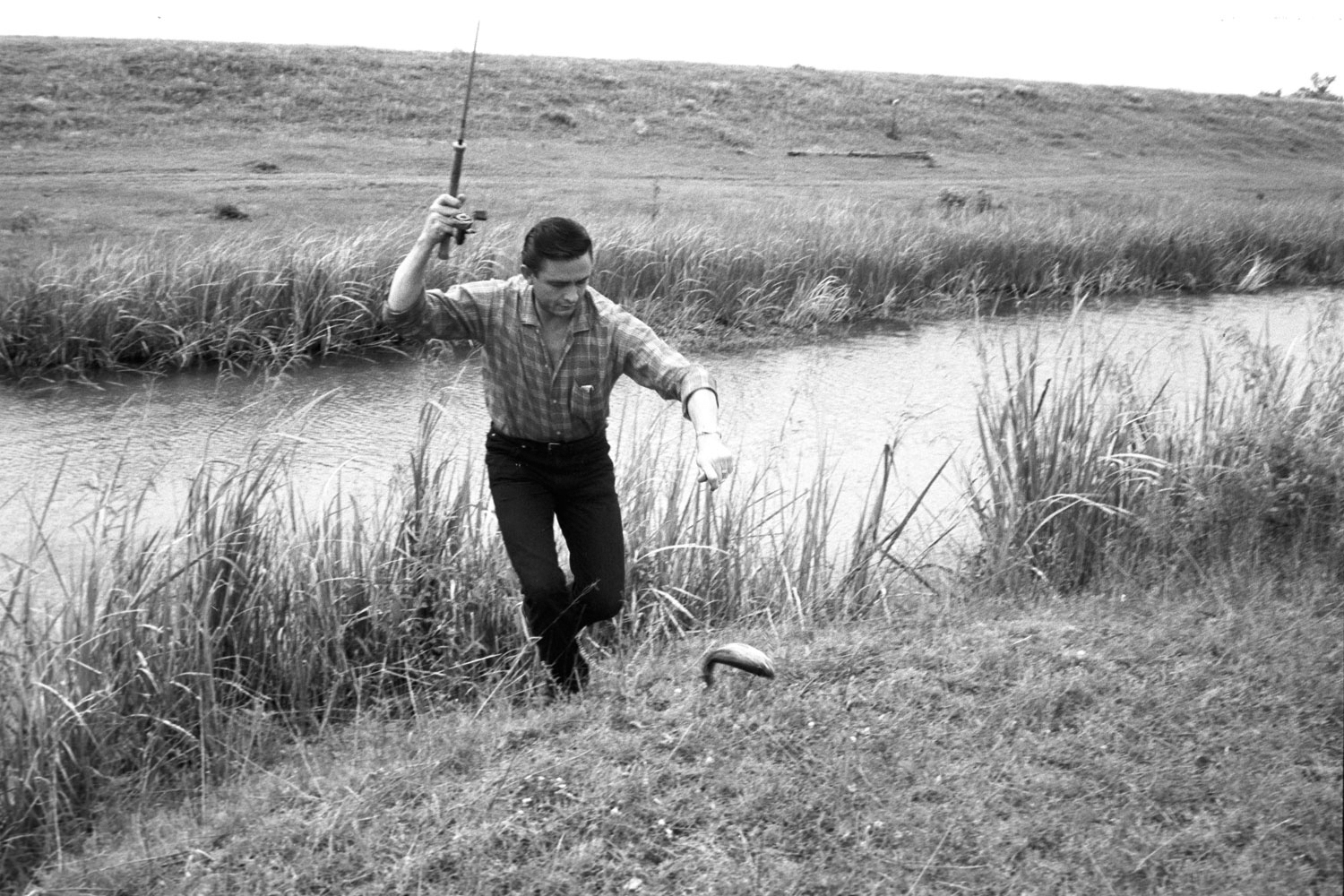
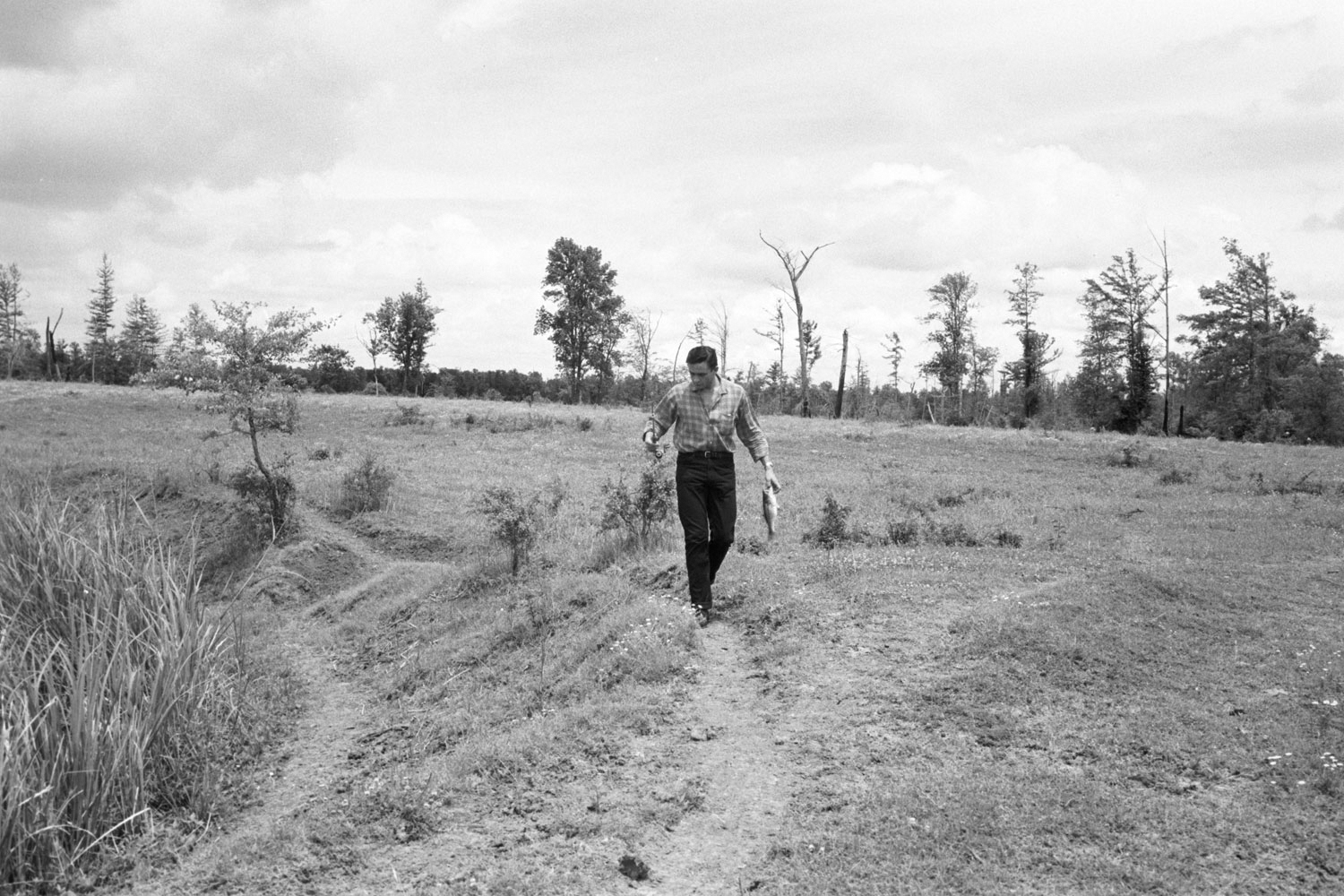
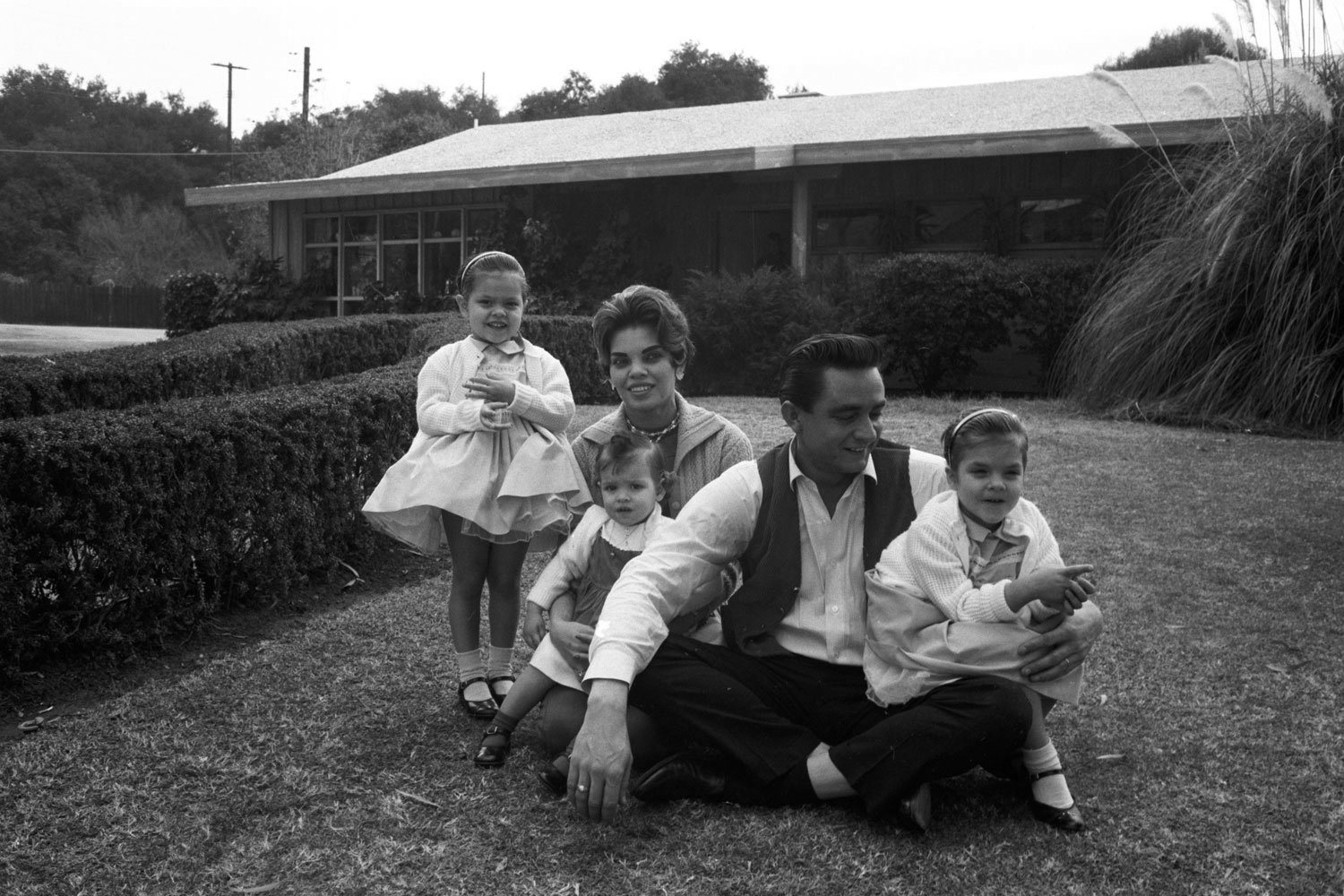
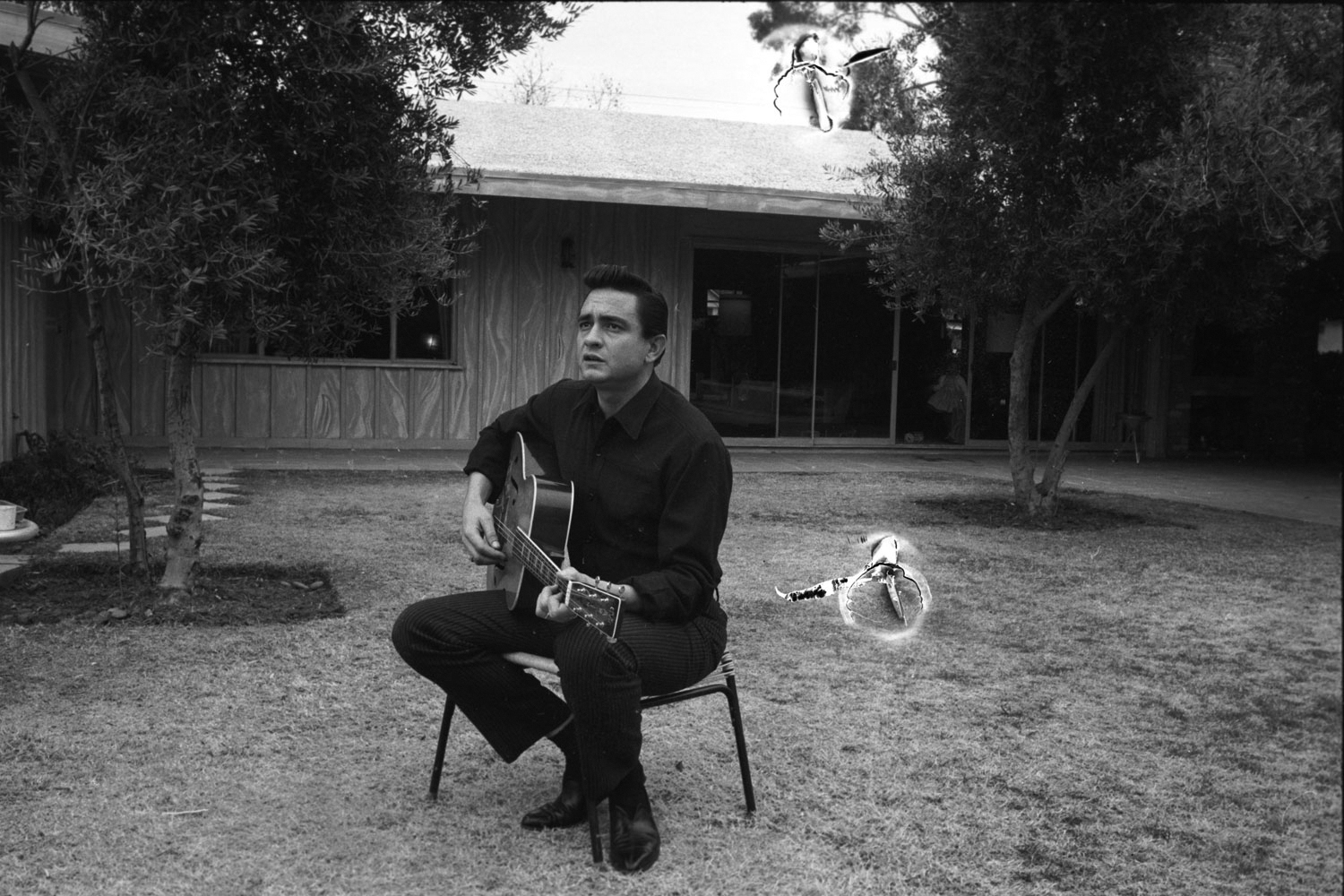
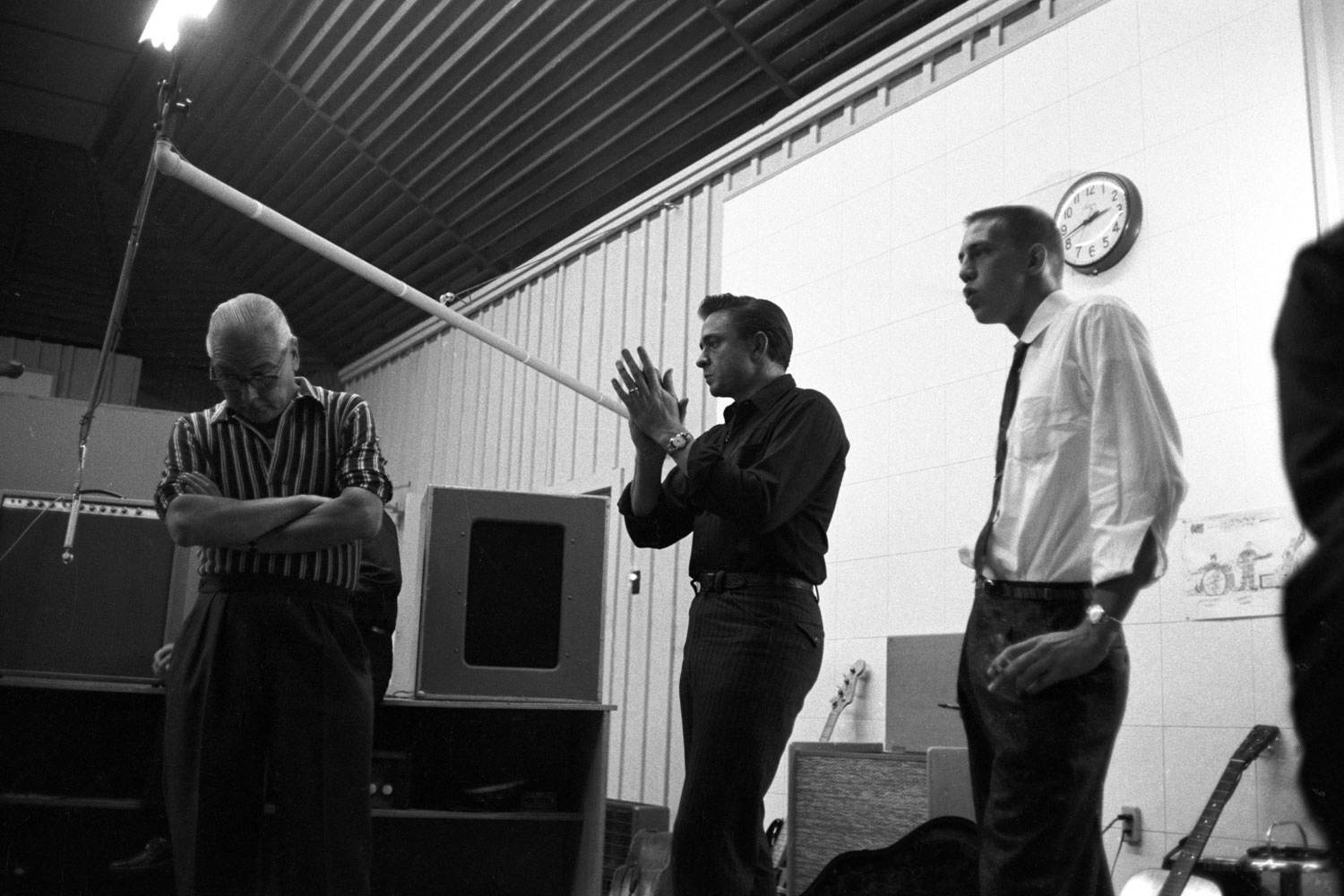
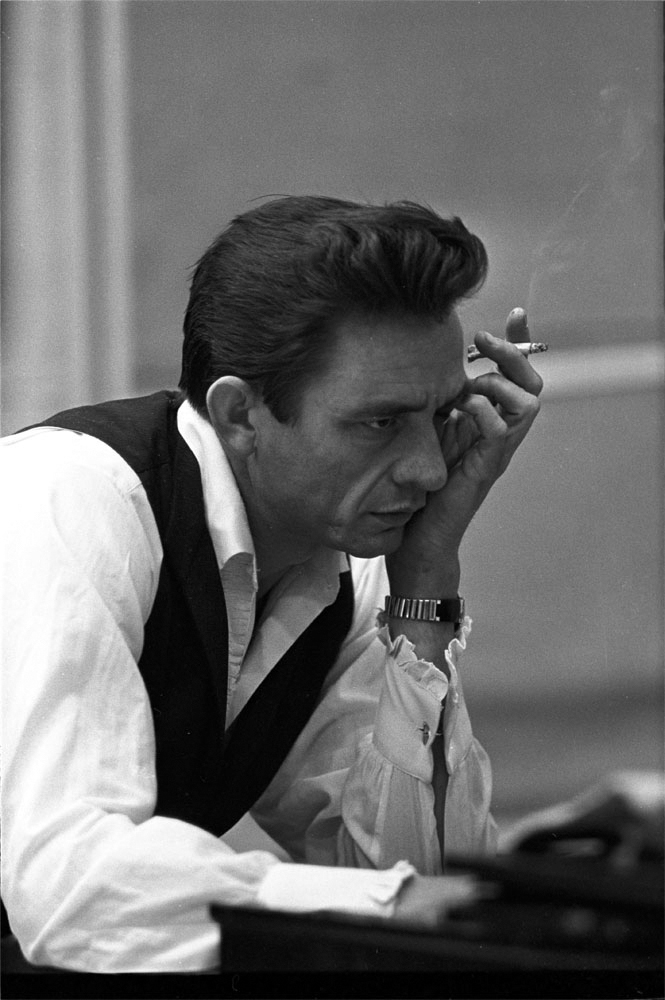
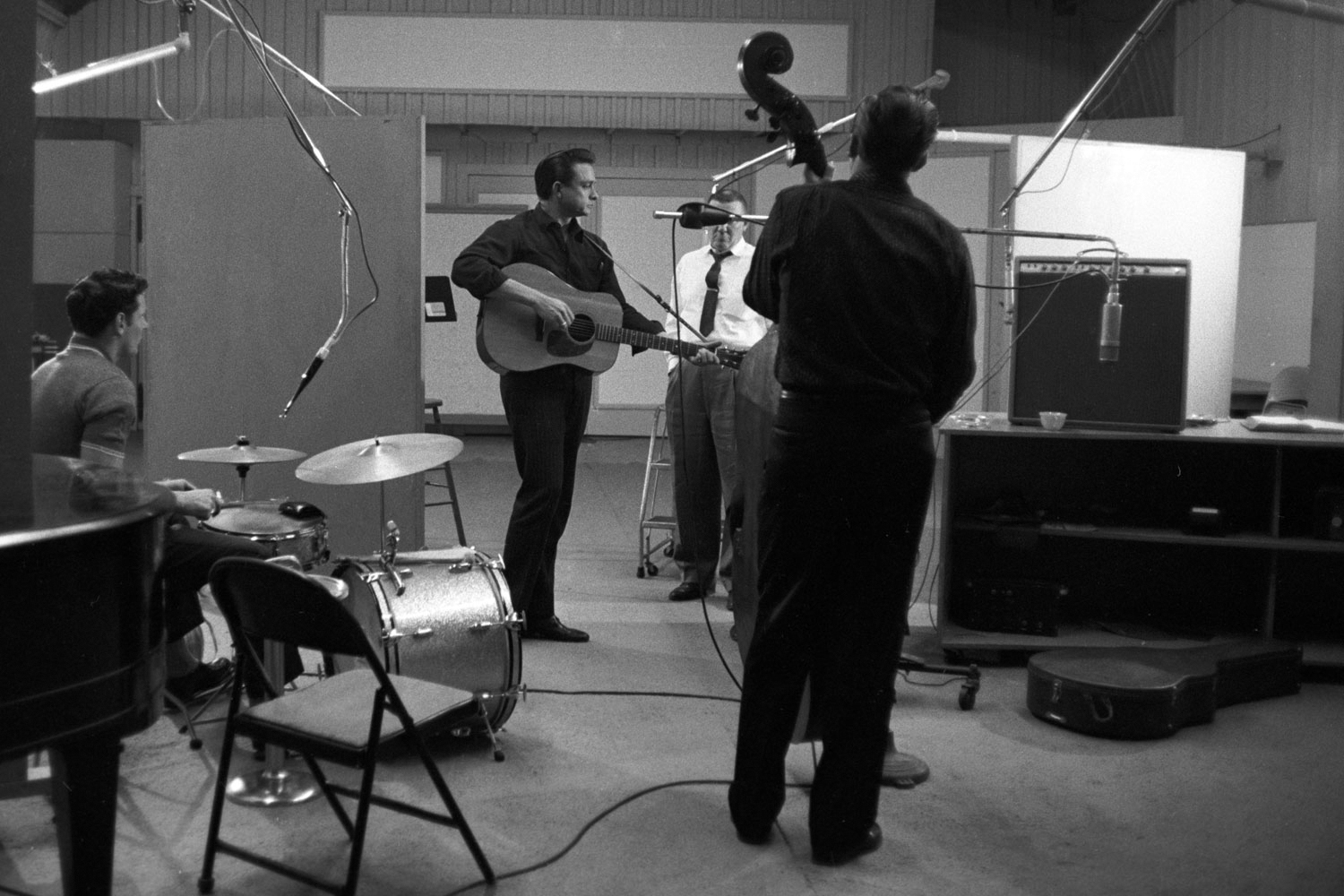
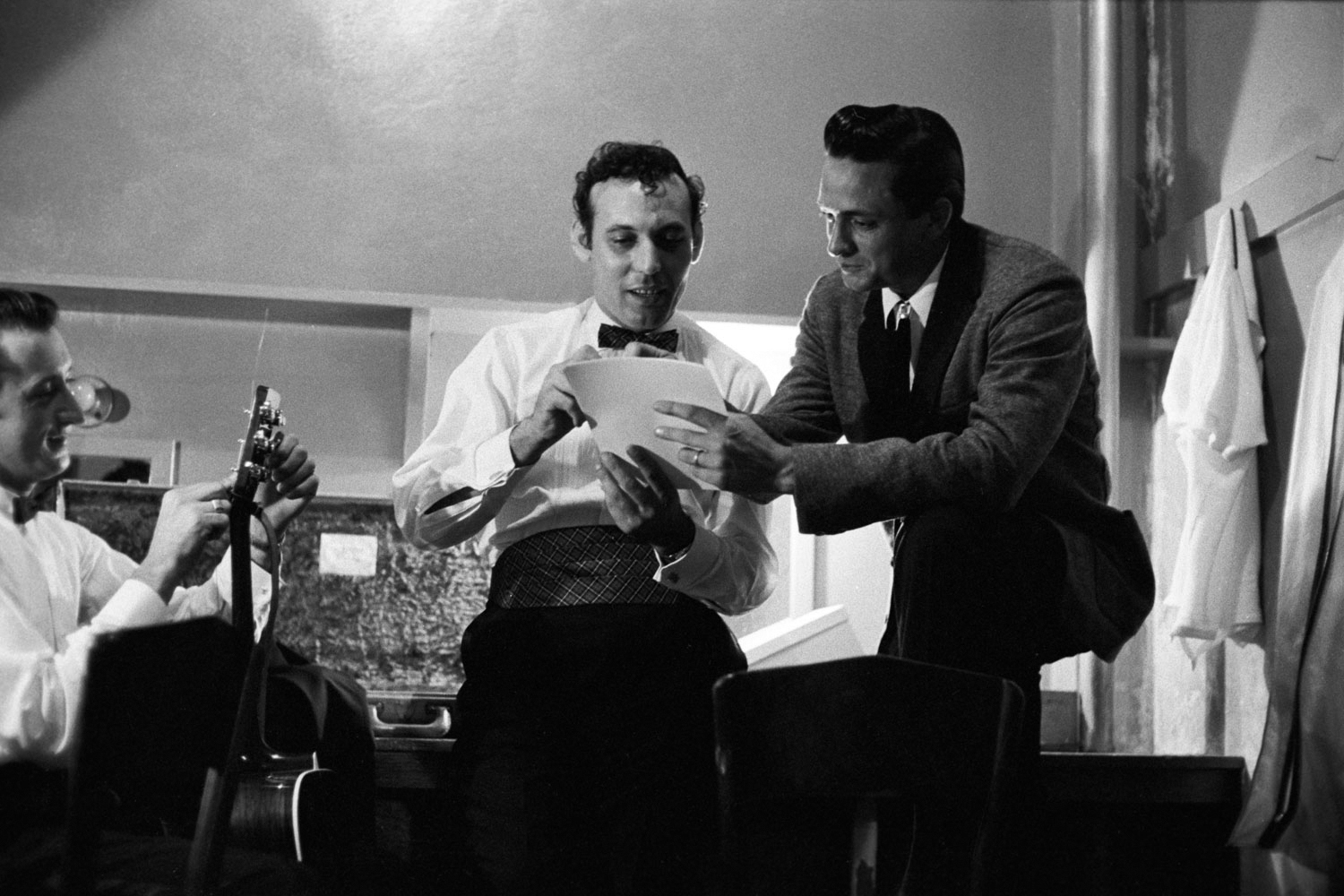
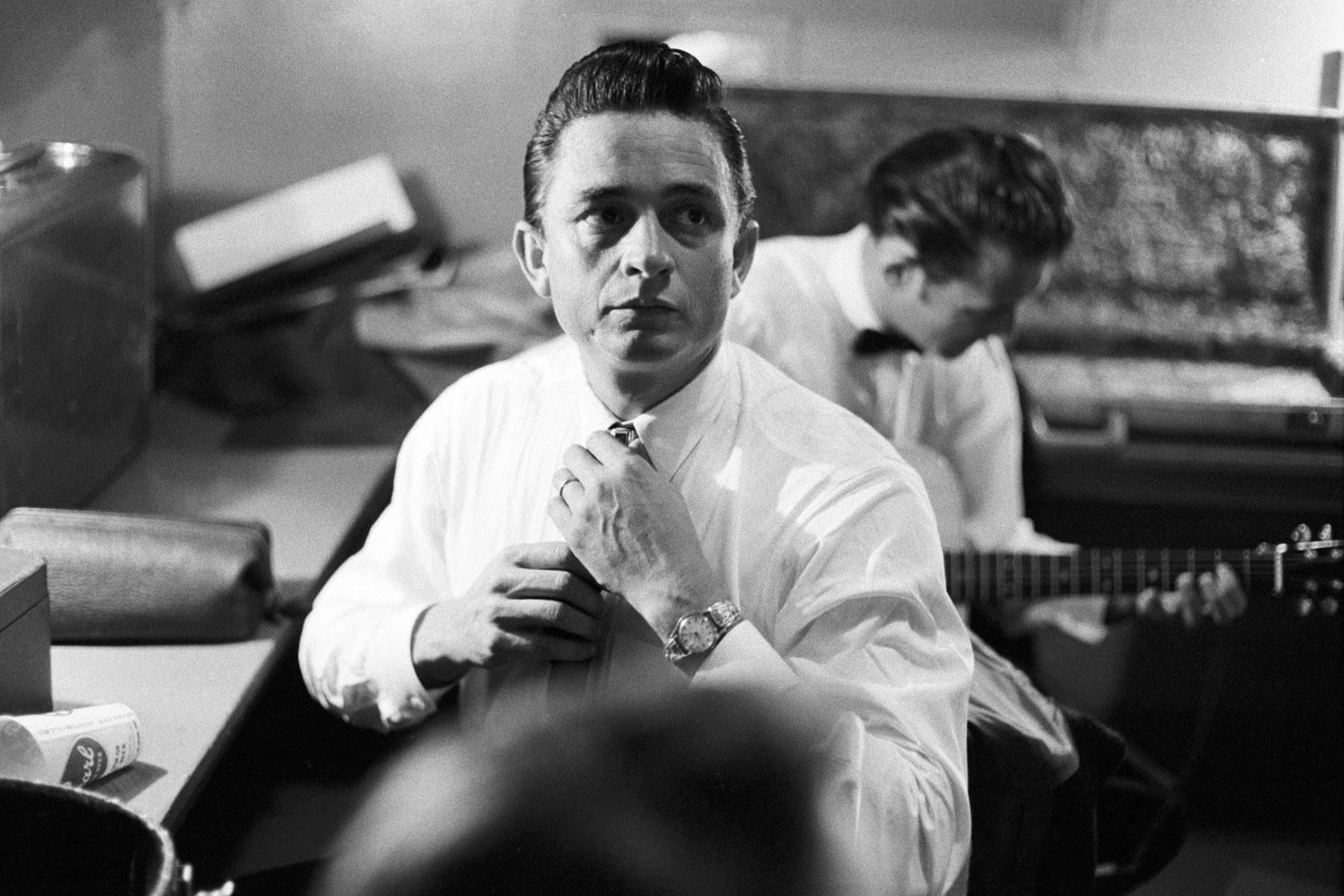
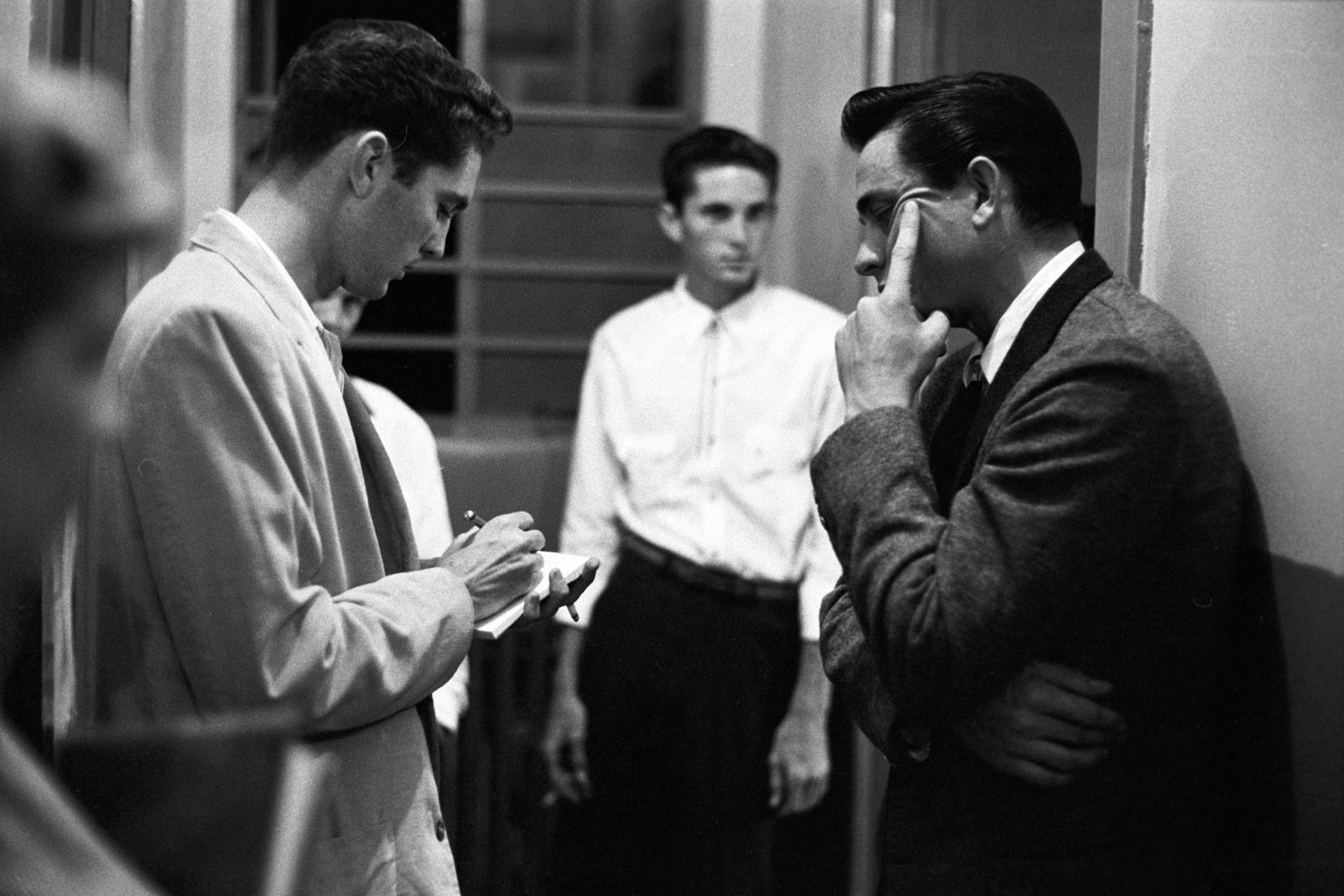
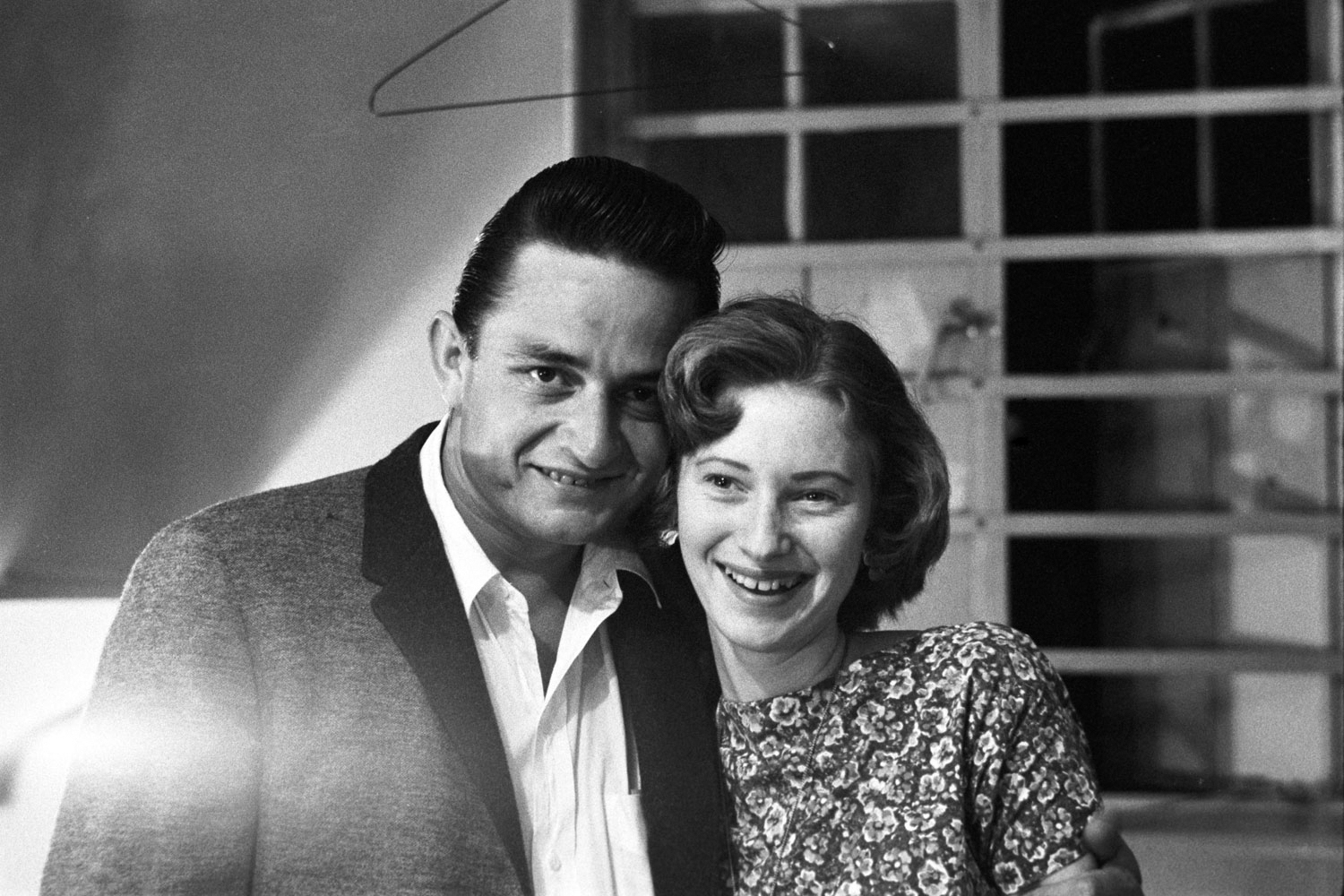
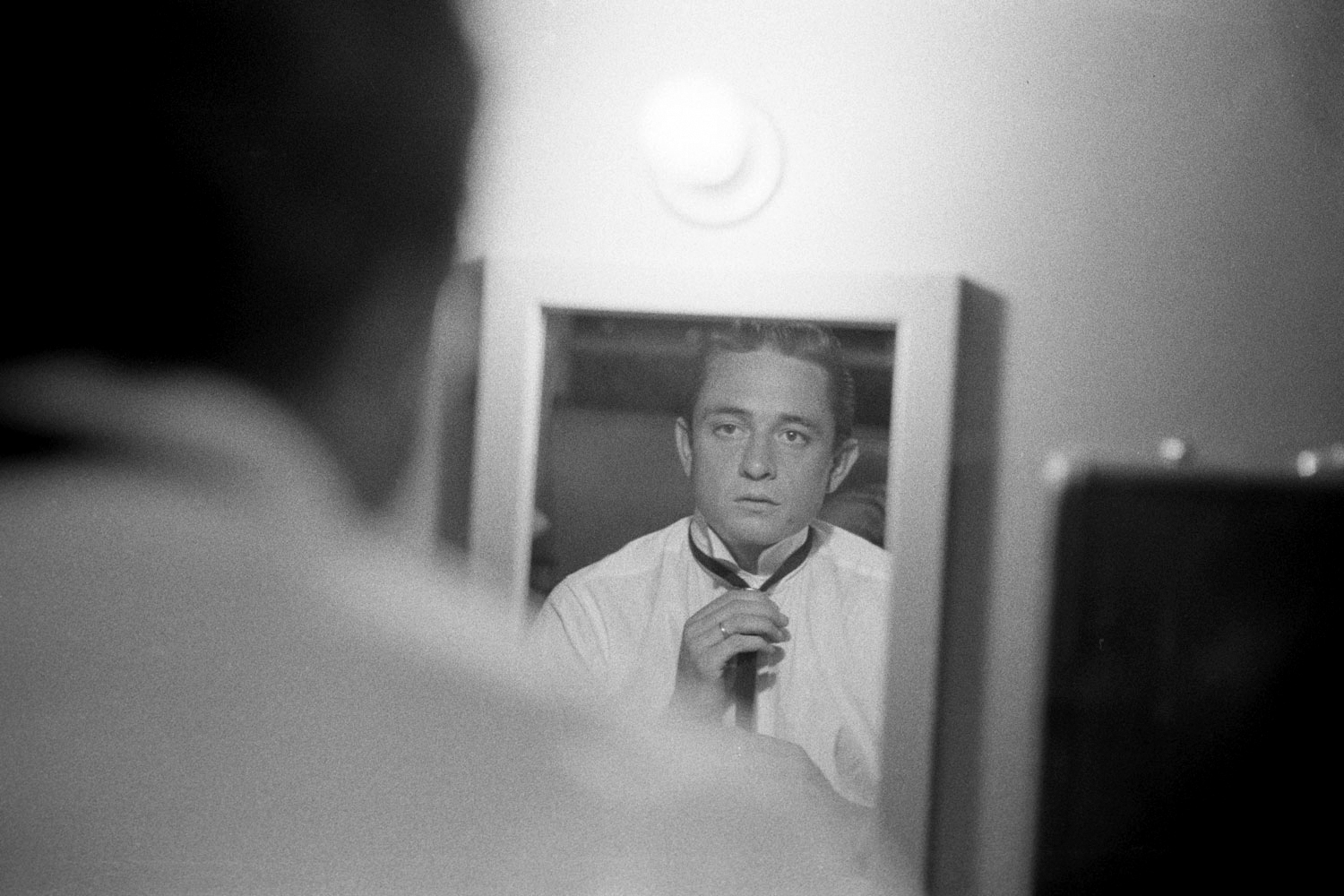
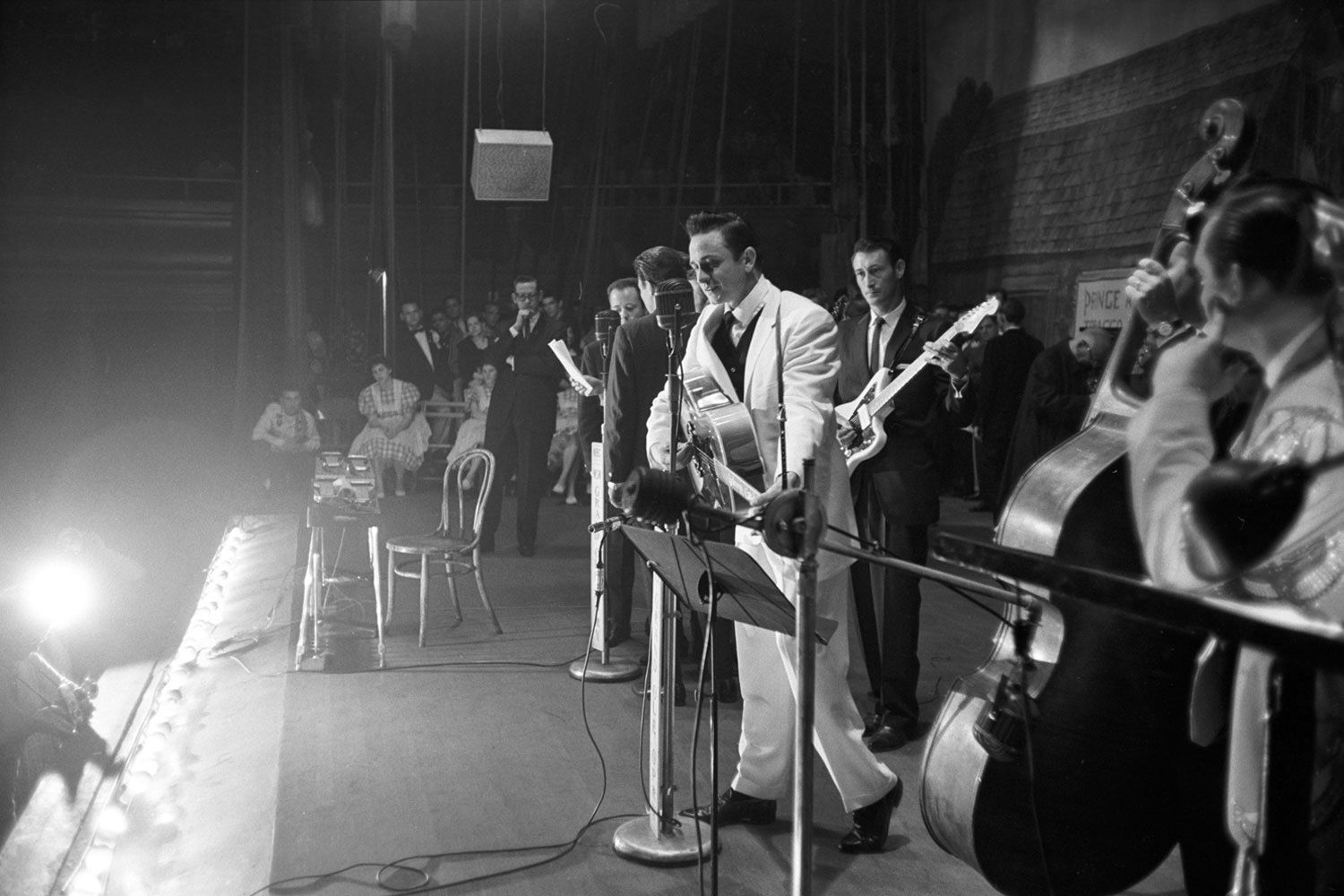
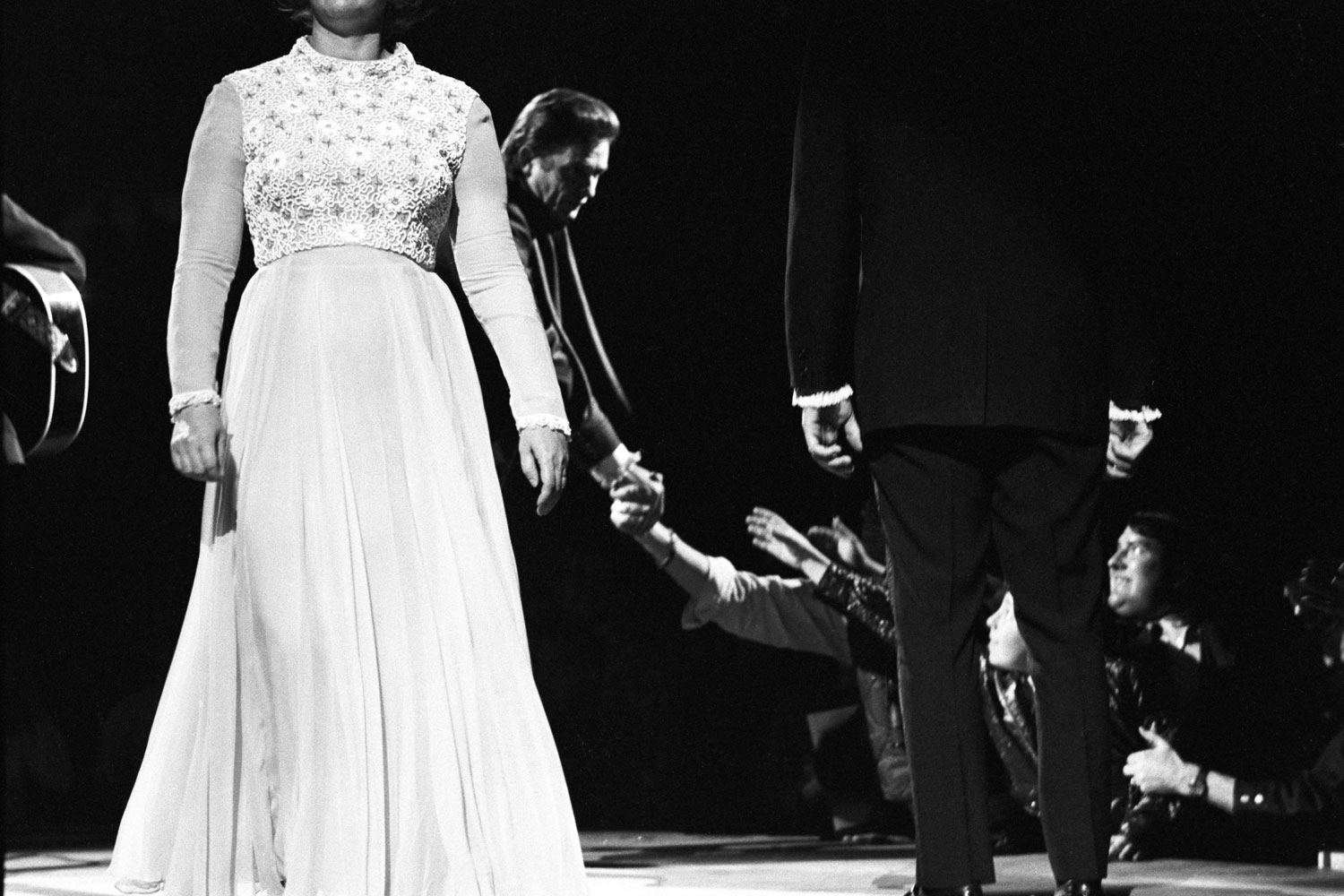
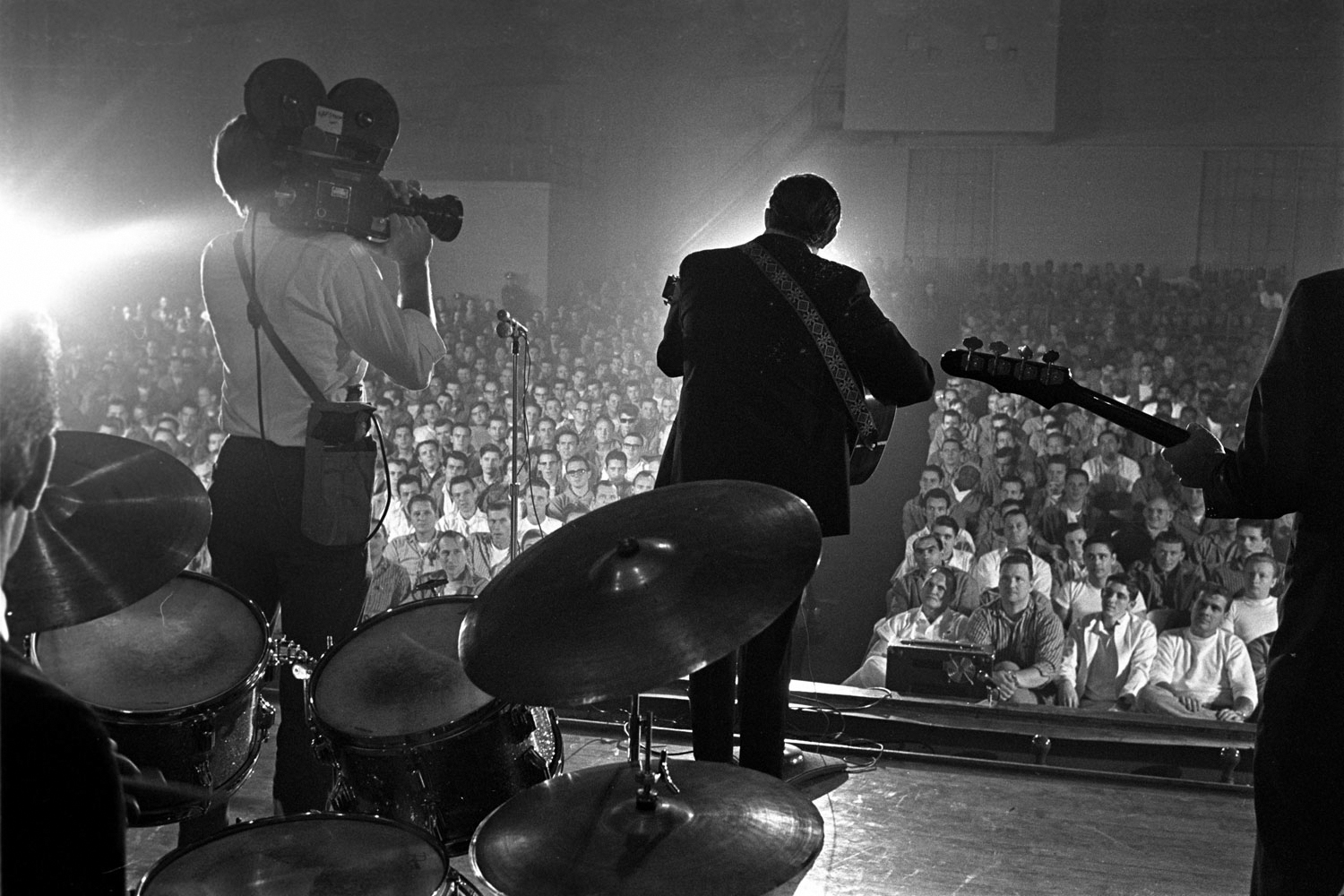
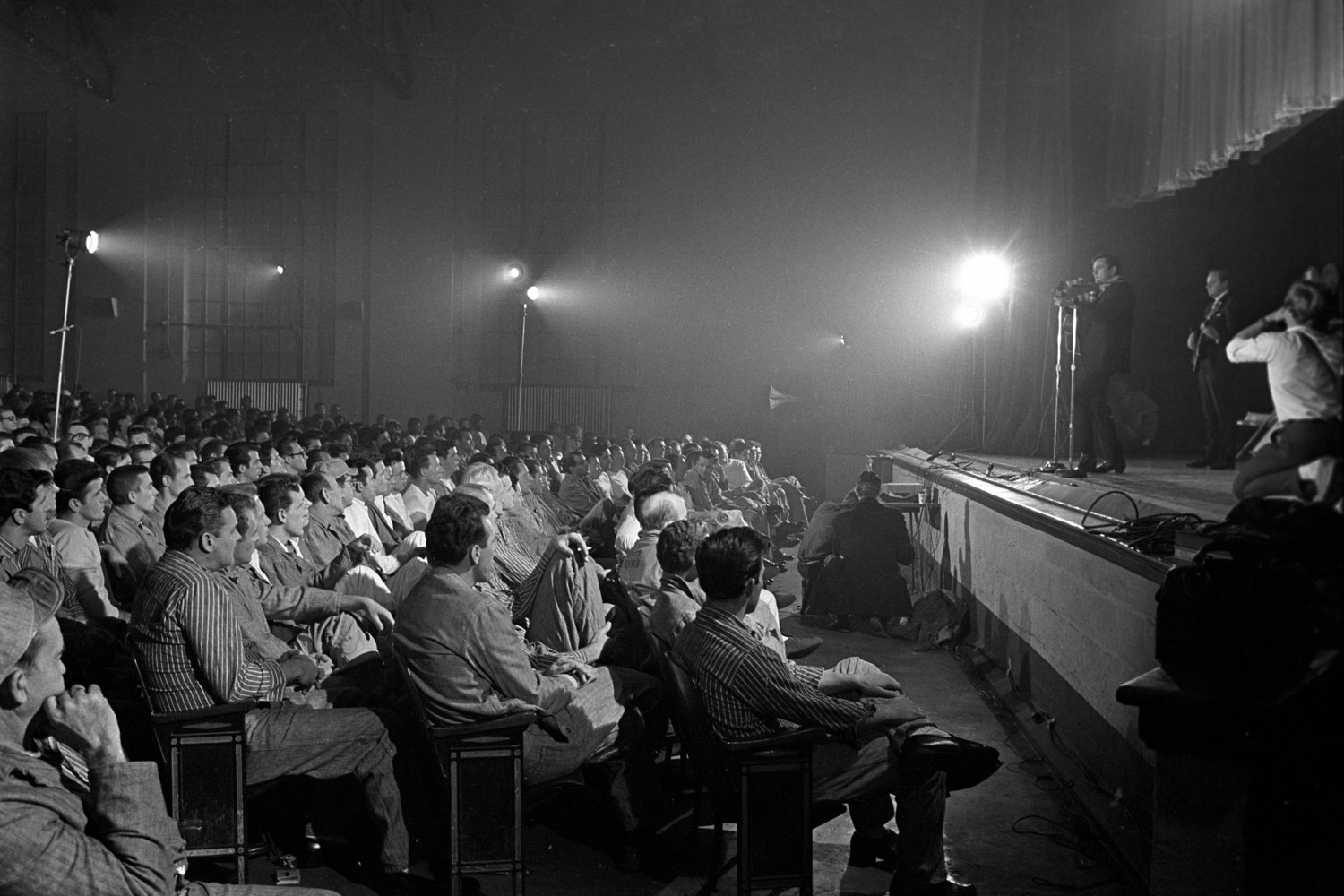
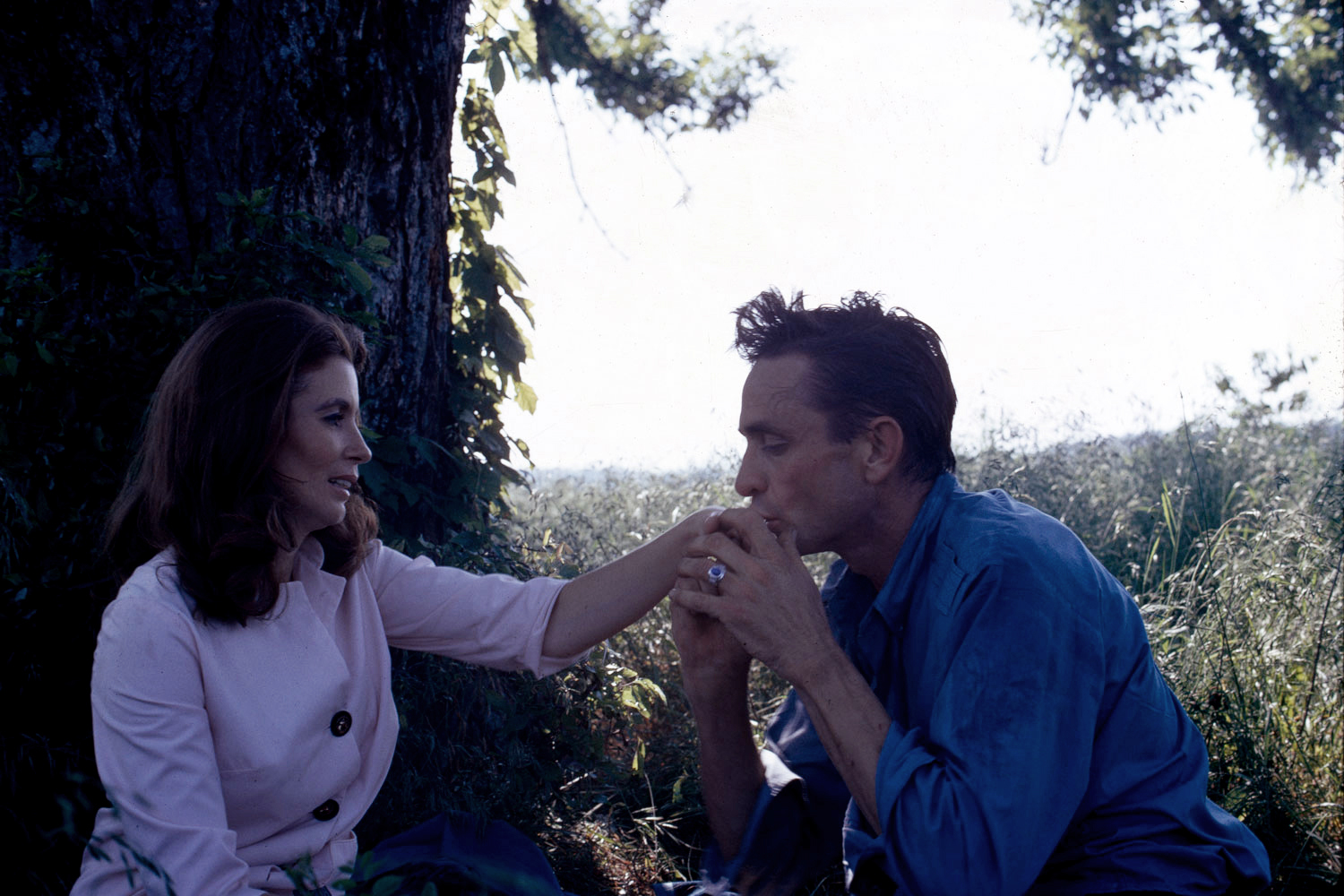
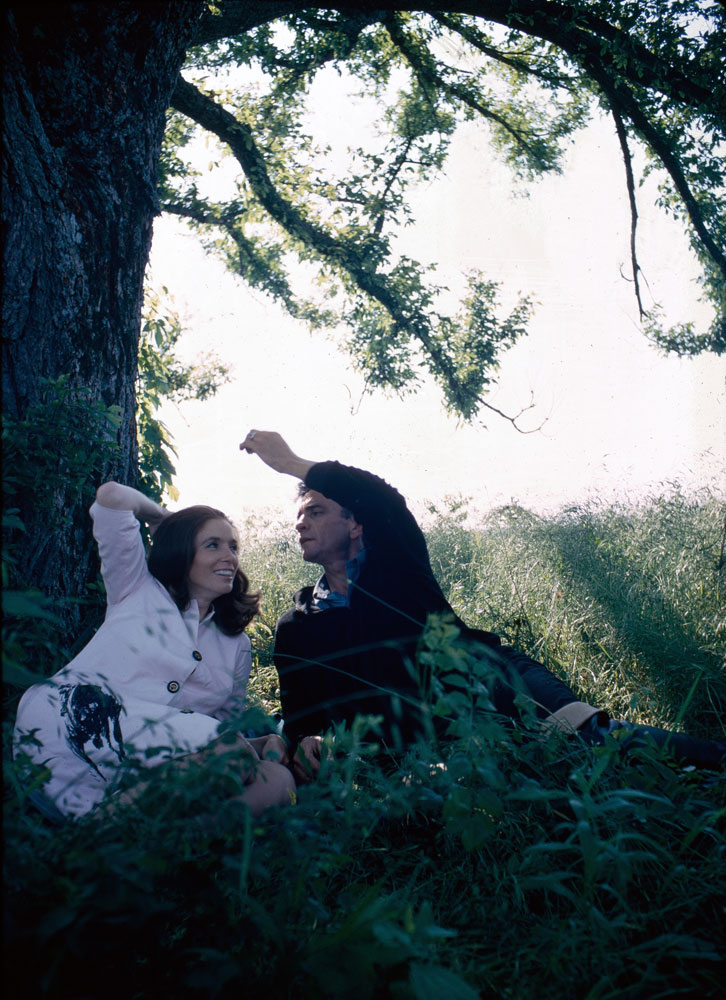
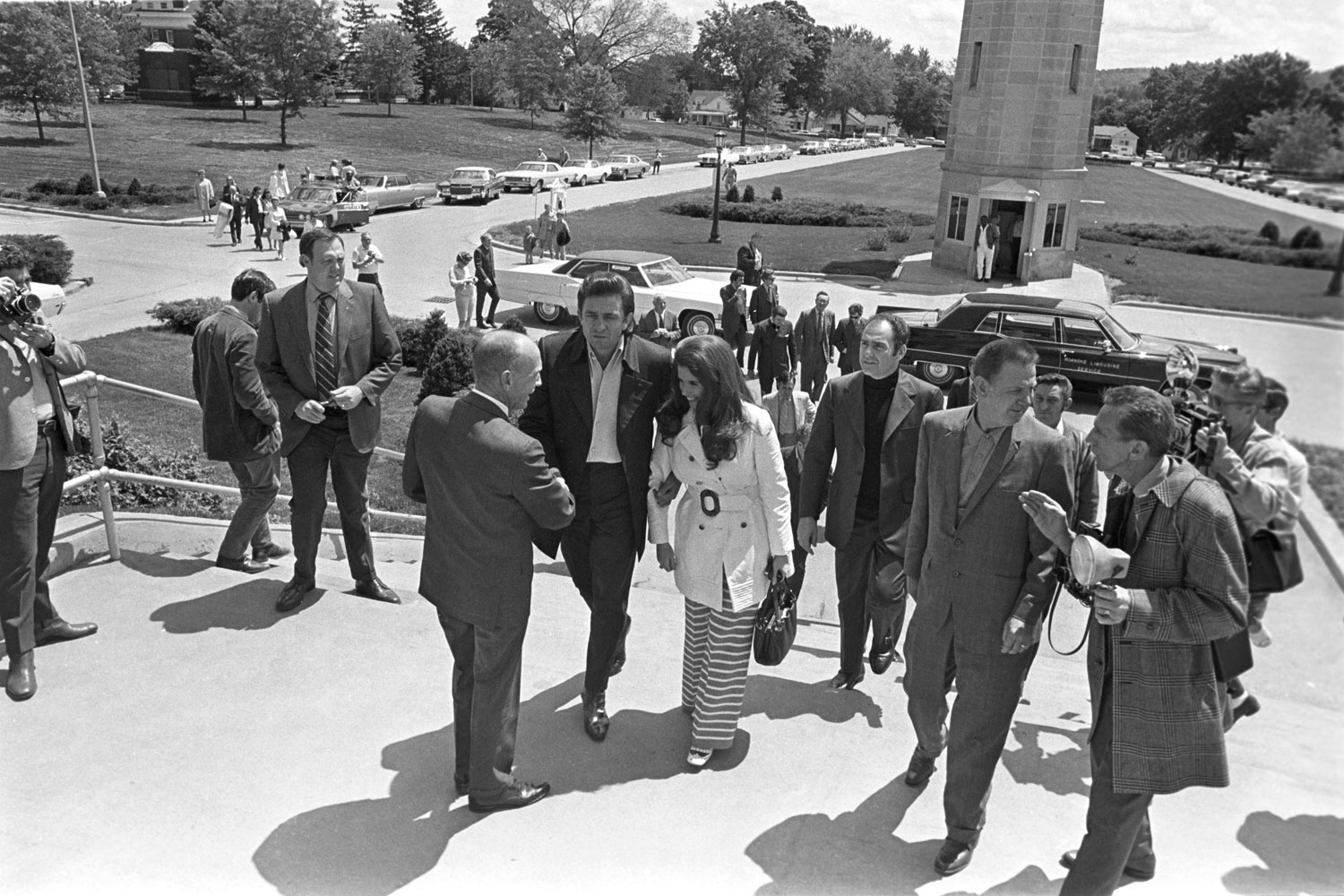
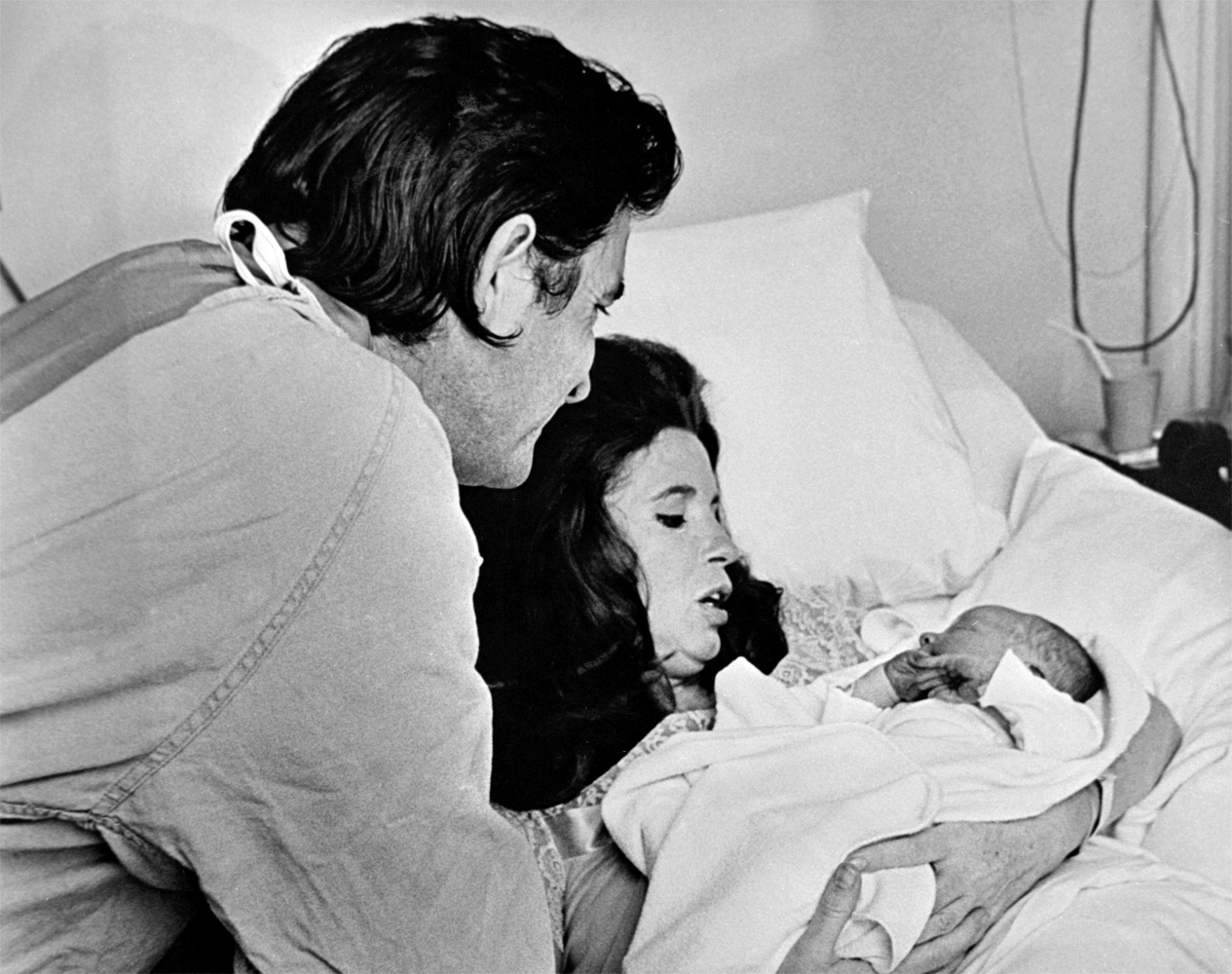
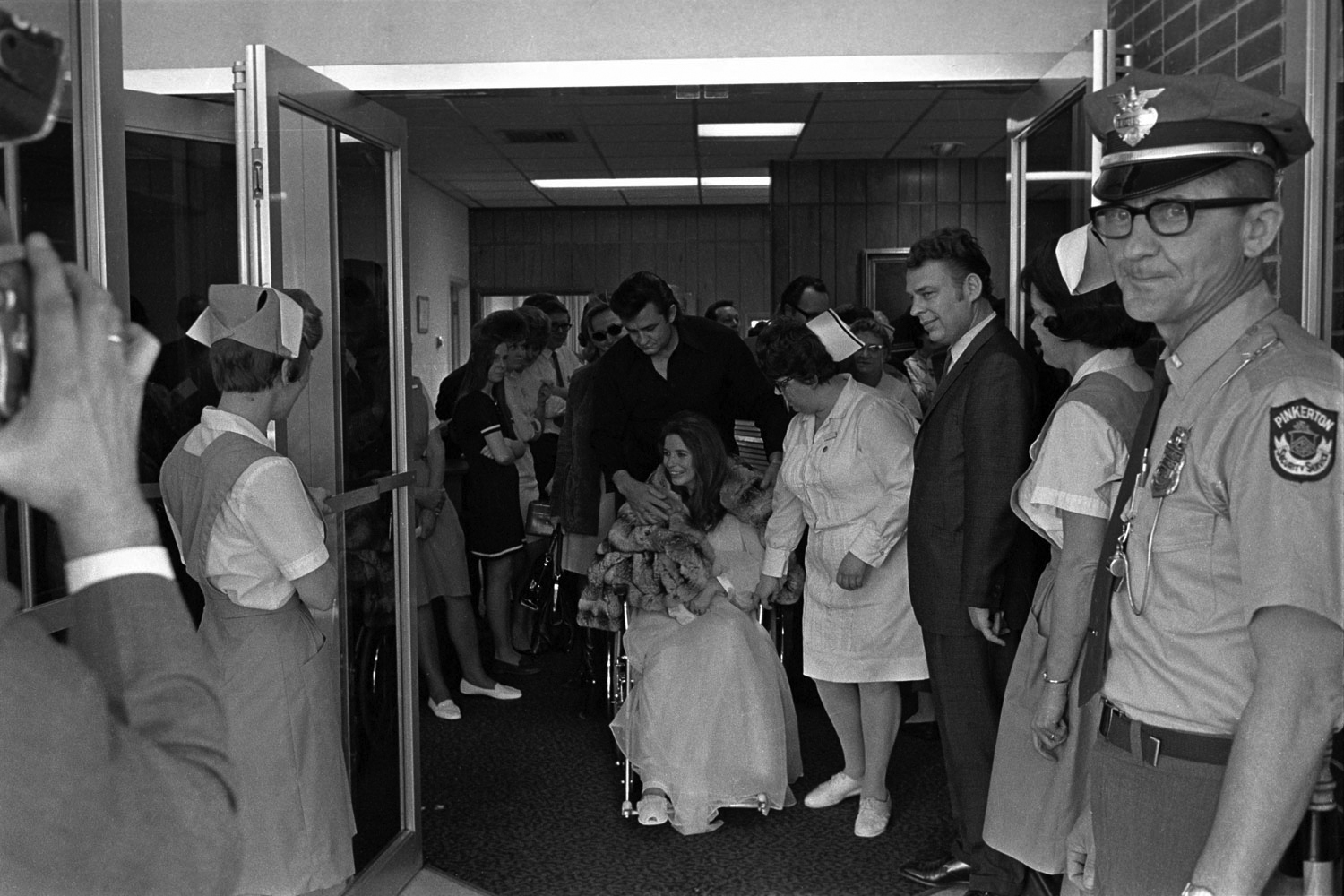
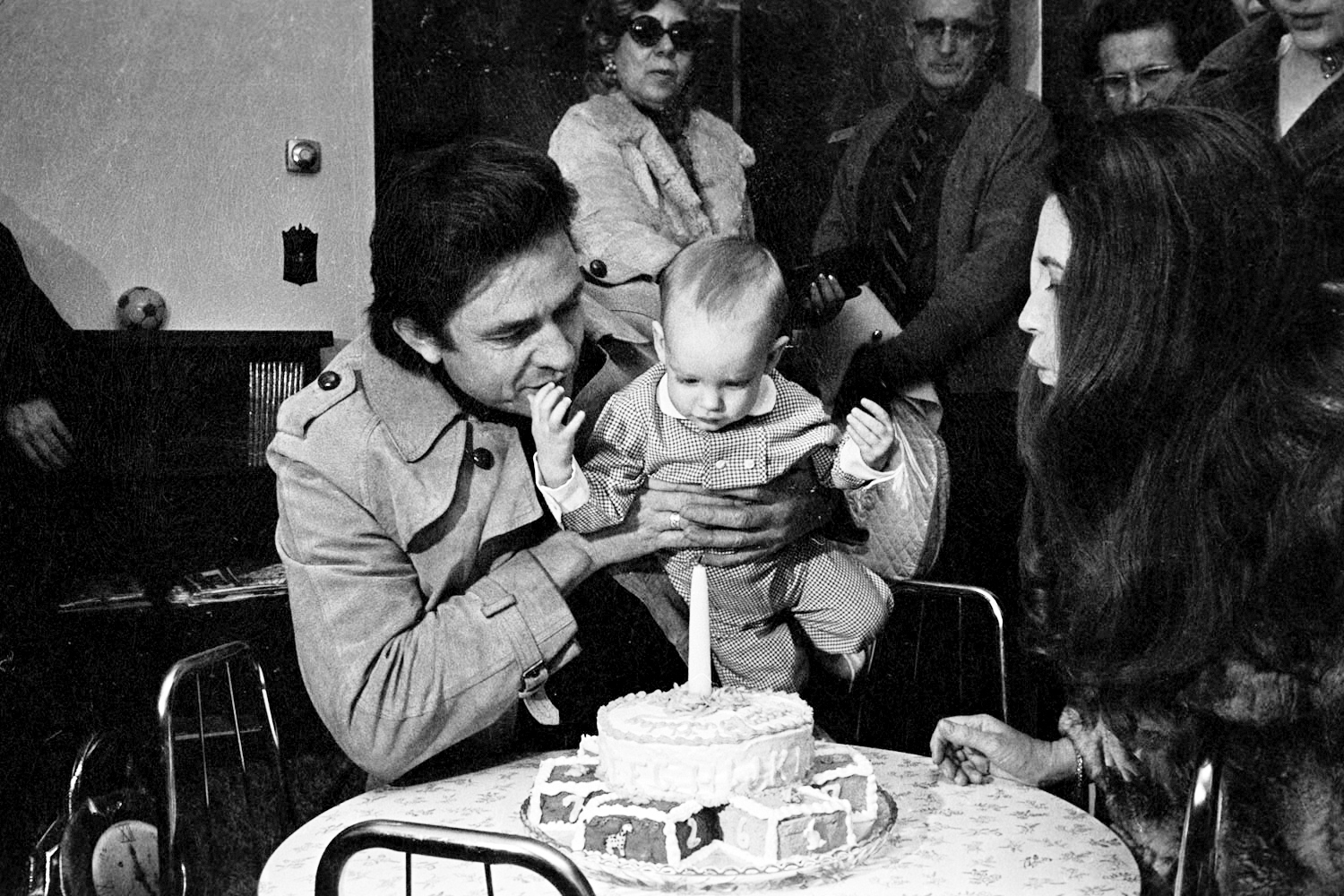
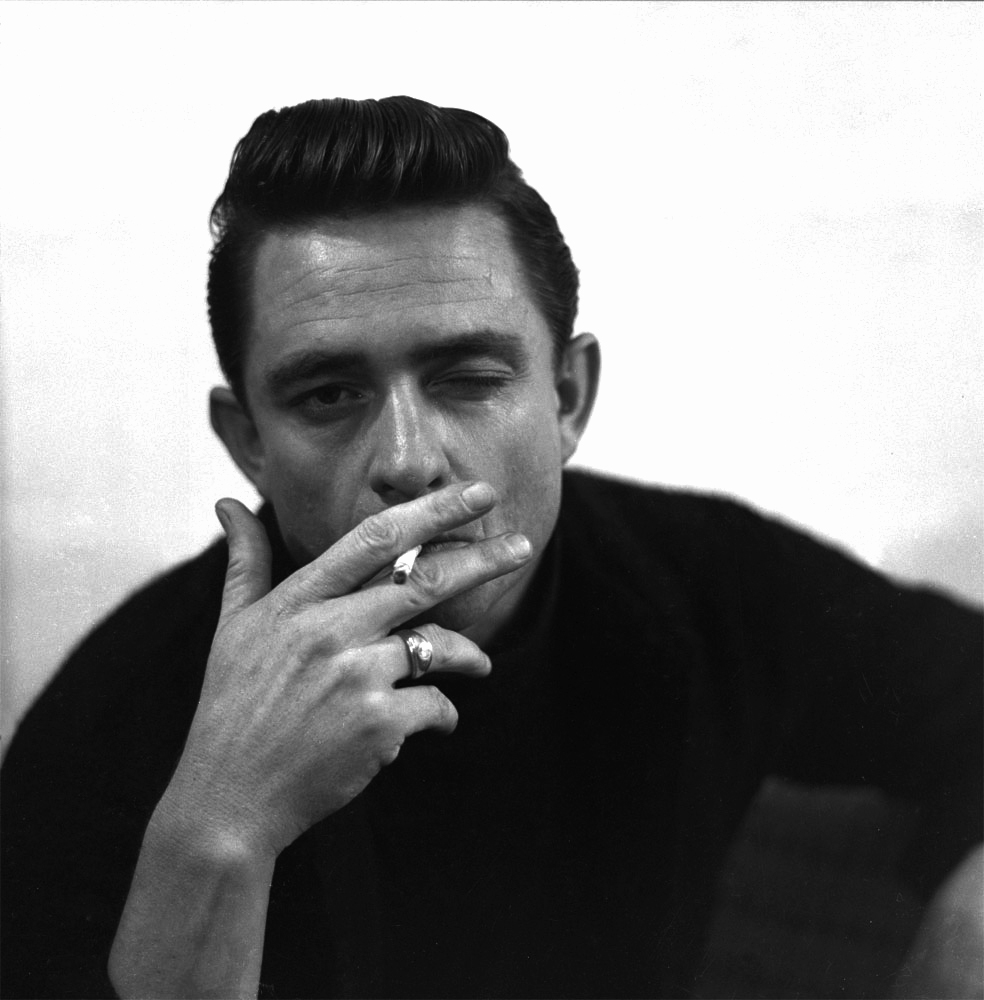
More Must-Reads from TIME
- Breaking Down the 2024 Election Calendar
- How Nayib Bukele’s ‘Iron Fist’ Has Transformed El Salvador
- What if Ultra-Processed Foods Aren’t as Bad as You Think?
- How Ukraine Beat Russia in the Battle of the Black Sea
- Long COVID Looks Different in Kids
- How Project 2025 Would Jeopardize Americans’ Health
- What a $129 Frying Pan Says About America’s Eating Habits
- The 32 Most Anticipated Books of Fall 2024
Contact us at letters@time.com